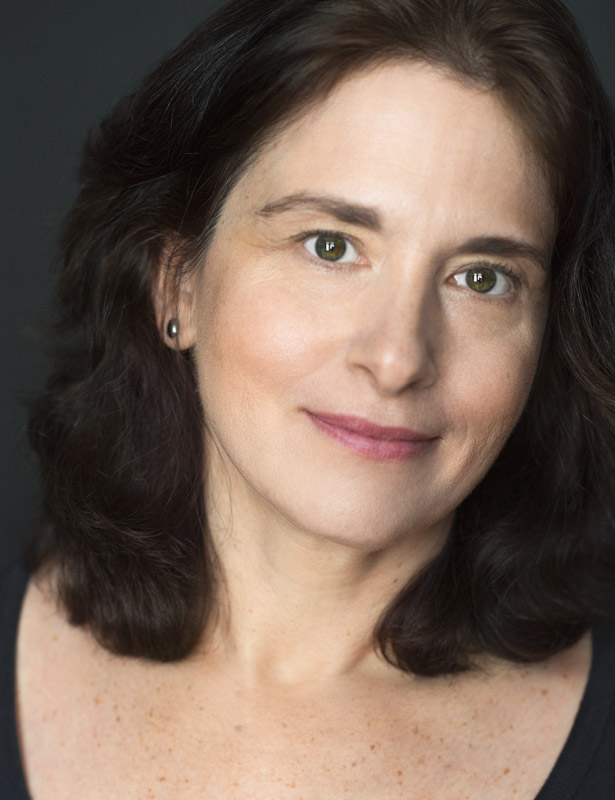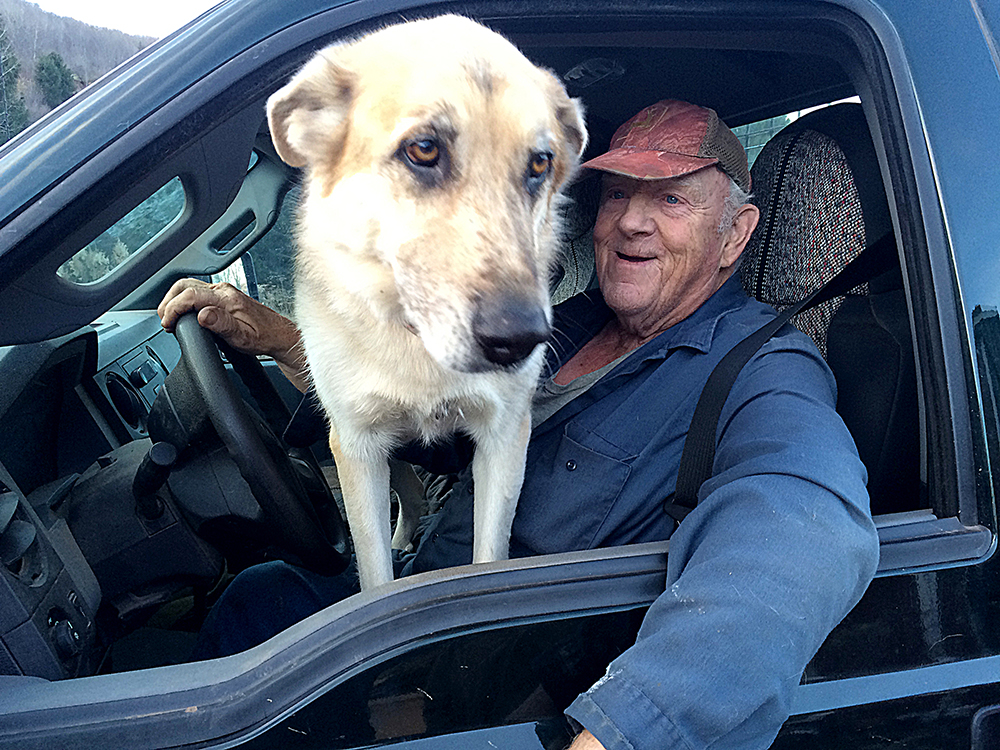In a region with plenty of second homes, an urbanite finds that local friendships can be first class.
I live in Brooklyn, New York. The way I stay grounded in the city is to leave it frequently and spend time in nature. My slice of heaven is the town of Andes in the Catskills. In Andes there is an interesting mix of year-round residents firmly rooted in the region, weekenders, and people who left the city to live a quieter life. Over the past few years, some younger Brooklynites have moved there to practice sustainable farming or try their hand at other creative ventures like craft brewing. It is easy to fall in love with the beauty and the charm of this corner of Delaware County.
When I am not upstate with family or friends, I am there to write and recharge creatively. I’ve begun to socialize with other weekenders less and spend more time with people who call it home and who know the land and its history. About a year ago Ken, the dairy farmer across from my house, invited me to join him at Woody’s, a diner where locals gather in the morning. Woody’s opens at seven but it unofficially opens an hour earlier. They joke that because they smell like cow dung (which some do), they have to eat earlier so as not to offend the other patrons.
Woody’s at 6:30 a.m. is a special place. There is good-natured banter and if you find a seat at the counter you can learn about farming, fishing, and the goings-on around town. In addition to Ken, Dick is a regular who I had met the year before when a friend and I stopped by his wood mill. He was kind enough to allow my friend to go through his gigantic scrap pile looking for pieces to use for hand-made signs. Dick has a special seat reserved for him at Woody’s.
In the interest of becoming more a part of my Catskill community, I made a special trip in March for Dick’s 80th birthday at Andes Inn. Main Street was lined for several blocks with trucks and cars as people showed up to celebrate Dick. Laurie, who works in the school cafeteria and has a side business making cakes, designed a cake to look like Dick’s wood mill. Dick wore a crown someone made for the occasion. His wife, Anne, was there and looked frail.
Two weeks later at Woody’s, Dick was there, uncharacteristically quiet and looking haggard. “Did you hear? Anne fell two days ago. I just got back from the hospital in Cooperstown. My son is there now. She’s not doing well.”
Anne died the following afternoon before I returned to the city. The news spread quickly to the inn. I wasn’t able to come up for the service two days later. But this was now my community and I wanted to be part of a support system for Dick.
I first returned to Andes two weeks after Anne died. I found Dick on his chair in Woody’s. The others were doing their very best to maintain the characteristic banter which, until now, he had often led. Stepping up and talking more felt like a verbal safety net they would provide while he was grieving.
I turned to Dick and said quietly, “How are you doing?”
He said, “Getting by. Fifty-eight years, an end of an era.” His eyes welled up with tears.
I said, “Is there a hardest part of the day?”
Dick replied, “At the end of the day.”
I asked if he wanted to go out for a burger at the end of the day when he was done with the second milking at his dairy farm, across the street from the mill. He said yes. We went to Brushland restaurant in nearby Bovina, a place Dick had never been. The man sitting next to us recognized Dick, who special-cut wood for his home. He asked me if I knew that Dick had a special chair reserved for him at the diner in Andes.
At the end of the meal, Dick looked up from his plate and said, “I don’t know how I would have gotten through the past weeks without my friends. And that includes you. Who would have guessed that the two of us would have met and become friends?”
He was right. Our sharing a meal was unlikely. But now I set my intention to deepen my experience of community wherever I am. In the Catskills, that means being more than a visitor to my home away from home. And that can require getting up in the early morning hours to find an open seat at the counter of Woody’s.
Lisa Kentgen, Ph.D., is a psychologist in New York City. She is the author of “An Intentional Life: Five Foundations of Authenticity and Purpose.”
Originally published at www.dailyyonder.com


